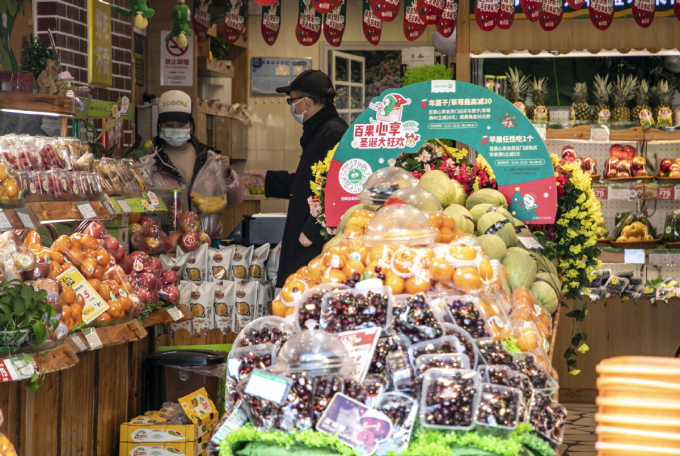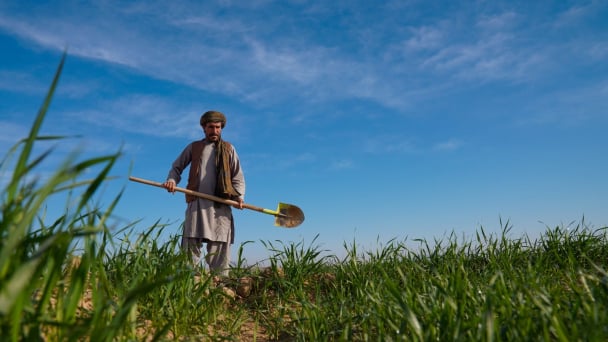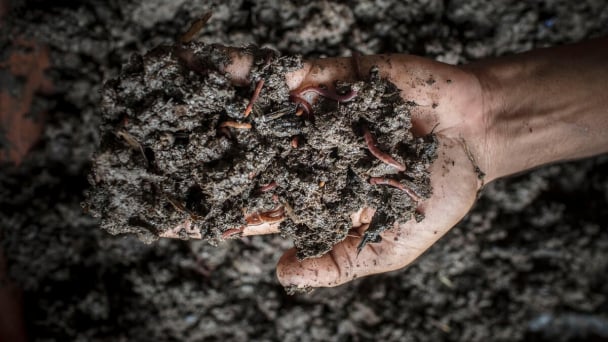August 8, 2025 | 06:17 GMT +7
August 8, 2025 | 06:17 GMT +7
Hotline: 0913.378.918
August 8, 2025 | 06:17 GMT +7
Hotline: 0913.378.918

A consumer purchases fruit at a Pagoda store in Shanghai. Photo: China Daily.
"Despite uncertainties brought by the contagion, Pagoda will boost cooperation with LMC economies within the whole industry chain, especially in fruit production, processing and circulation," said Yu Huiyong, founder and chairman of Pagoda.
Yu said that the company has created a new model of cooperation with Thailand under the LMC framework. In addition to fruit purchases, the firm also helps local farmers optimize fruit varieties, enhance agricultural production skills and also invites major Chinese clients and customers to Thailand to experience the cultivation process for themselves.
"The variety has expanded from durians at the beginning to mangosteens, longan, grapefruits, coconuts, pineapples, bananas and other fruits. Such an innovative model has achieved fruitful results and we plan to leverage such experience into the future cooperation with other LMC economies," he added.
Founded in 2001 in Shenzhen, Guangdong province, Pagoda has inked long-term cooperation agreements with over 200 fruit bases around the world. It has also opened nearly 5,000 stores in China.
Yu made the remarks during the first Lancang-Mekong Fruit Festival this year held in Beijing on Monday, which aims to promote high quality fruits from member countries of the LMC and boost fruit trade in the region.
As a new-type of subregional cooperation mechanism between China, Cambodia, Laos, Myanmar, Thailand and Vietnam, the LMC has played an important role in promoting the economic and social development of the six countries.
"The LMC has become one of the most dynamic emerging cooperation mechanisms in the subregion. Agriculture is a major industry among the member countries, especially the fruit sector, and the Chinese market is seen as an important market," said Pathumwadee Imtour, minister counselor of the Embassy of Thailand in China.
"In terms of tropical fruits of Thailand, China is major destination of which 22 kinds are allowed to be imported," said Imtour, adding that durians, longan, mangosteens, young coconuts and also jack fruits are always in high demand in the country.
She said the quantity of Thai fruits exported to China has sharply increased from around 600,000 metric tons in 2017 to around 1.6 million tons in 2020.
Despite global economic uncertainties amid the pandemic due to unexpected difficulties of logistics problems and consumer demand, the quantity of Thai fruits exported to China last year remained similar to 2019 levels, Imtour added.
"We are still continuously seeking more opportunities to introduce and promote various new kinds of Thai tropical fruits in the Chinese market so that consumers can have a chance to taste amazing Thai fruits," she added.
(Chinadaily)

(VAN) Officials are debating how to placate farmers’ need for migrant labor without appearing to offer amnesty to undocumented immigrants.

(VAN) New partnership to help over 150,000 people enhance food production, incomes and climate resilience across 15 provinces by May 2026.

(VAN) Floods that damaged hydropower dams in Nepal and destroyed the main bridge connecting the country to China show the vulnerability of infrastructure.

(VAN) Immediate and sustained ceasefire and unhindered humanitarian access are critical to avert imminent Famine.

(VAN) FAO-led publication outlines structure and highlights agenda including new harmonized indicators and capacity building accessible to all.

(VAN) Energy group experts left after draft guidance on global warming plans ‘did not reflect the industry view’.

(VAN) Special Event in New York explores the causes, consequences and solutions to the 2021-2023 food price inflation.